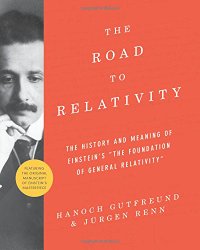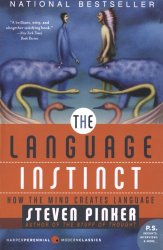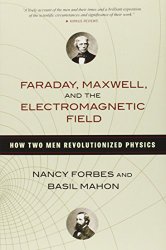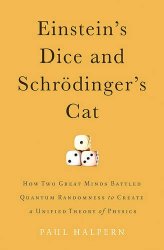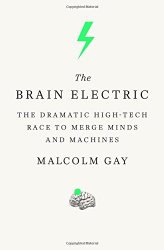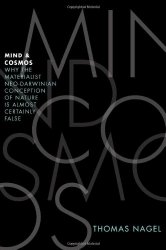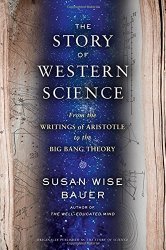This richly annotated facsimile edition of “The Foundation of General Relativity” introduces a new generation of readers to Albert Einstein’s theory of gravitation. Written in 1915, this remarkable document is a watershed in the history of physics and an enduring testament to the elegance and precision of Einstein’s thought. Presented here is a beautiful facsimile of Einstein’s original …
Philosophy of Science
Doctor Who stories are many things: thrilling adventures, historical dramas, tales of love and war and jelly babies. They’re also science fiction—but how much of the science is actually real, and how much is really fiction?The Scientific Secrets of Doctor Who is a mind-bending blend of story and science that will help you see Doctor Who in a …
In this classic, the world’s expert on language and mind lucidly explains everything you always wanted to know about language: how it works, how children learn it, how it changes, how the brain computes it, and how it evolved. With deft use of examples of humor and wordplay, Steven Pinker weaves our vast knowledge of language into a …
Faraday, Maxwell, and the Electromagnetic Field: How Two Men Revolutionized Physics
The story of two brilliant nineteenth-century scientists who discovered the electromagnetic field, laying the groundwork for the amazing technological and theoretical breakthroughs of the twentieth centuryTwo of the boldest and most creative scientists of all time were Michael Faraday (1791-1867) and James Clerk Maxwell (1831-1879). This is the story of how these two men – separated in age …
When the fuzzy indeterminacy of quantum mechanics overthrew the orderly world of Isaac Newton, Albert Einstein and Erwin Schrödinger were at the forefront of the revolution. Neither man was ever satisfied with the standard interpretation of quantum mechanics, however, and both rebelled against what they considered the most preposterous aspect of quantum mechanics: its randomness. Einstein famously quipped …
The Brain Electric: The Dramatic High-Tech Race to Merge Minds and Machines
Leading neuroscience researchers are racing to unlock the secrets of the mind. On the cusp of decoding brain signals that govern motor skills, they are developing miraculous technologies that will enable paraplegics and wounded soldiers to move prosthetic limbs and will give all of us the power to manipulate computers and other objects through thought alone. These fiercely …
The Only Woman in the Room: Why Science Is Still a Boys’ Club
A bracingly honest exploration of why there are still so few women in the hard sciences, mathematics, engineering, and computer science In 2005, when Lawrence Summers, then president of Harvard, asked why so few women, even today, achieve tenured positions in the hard sciences, Eileen Pollack set out to find the answer. A successful fiction writer, Pollack had grown …
Jonathan Ward takes the reader deep into the facilities at Kennedy Space Center to describe NASA’s first computer systems used for spacecraft and rocket checkout and explain how tests and launches proceeded. Descriptions of early operations include a harrowing account of the heroic efforts of pad workers during the Apollo 1 fire. A companion to the author’s book …
Mind and Cosmos: Why the Materialist Neo-Darwinian Conception of Nature Is Almost Certainly False
The modern materialist approach to life has conspicuously failed to explain such central mind-related features of our world as consciousness, intentionality, meaning, and value. This failure to account for something so integral to nature as mind, argues philosopher Thomas Nagel, is a major problem, threatening to unravel the entire naturalistic world picture, extending to biology, evolutionary theory, and …
The Story of Western Science: From the Writings of Aristotle to the Big Bang Theory
A riveting road map to the development of modern scientific thought.In the tradition of her perennial bestseller The Well-Educated Mind, Susan Wise Bauer delivers an accessible, entertaining, and illuminating springboard into the scientific education you never had. Far too often, public discussion of science is carried out by journalists, voters, and politicians who have received their science secondhand. …
